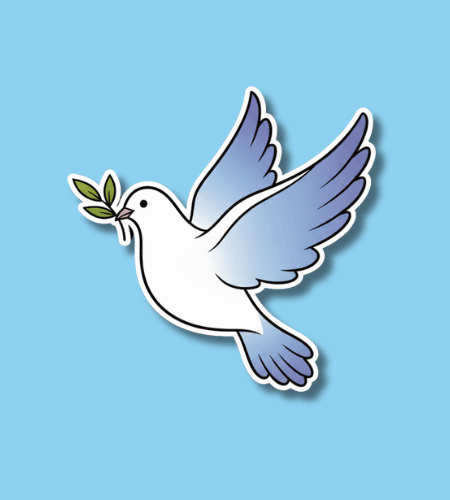The International Day Against Fascism and Antisemitism, observed every year on November 9, is a global day of remembrance and awareness. It commemorates the victims of the 1938 Kristallnacht pogrom and renews the commitment to fight hate, racism, antisemitism and fascist ideologies in all their forms. Around the world, schools, communities and organisations use this day to promote education, tolerance and respect for human rights.
Table of Contents
History of International Day Against Fascism and Antisemitism
This observance marks the anniversary of the night of 9–10 November 1938, when the pogrom known as Kristallnacht took place in Nazi-Germany: Jewish homes, synagogues and businesses were attacked, many were killed or imprisoned, and the event is viewed as a turning point in the escalation of antisemitic persecution.
Since 1995, the organisation UNITED for Intercultural Action has coordinated a campaign on this date across Europe under the name “International Day Against Fascism and Antisemitism”.
Why is International Day Against Fascism and Antisemitism important?
This day serves as a reminder that hatred, fascism, antisemitism and racism are not relics of the past — they remain challenges today. By commemorating past atrocities we strengthen our resolve to oppose them. It also highlights the importance of vigilance and education so that society does not repeat the mistakes of the past.
- It honours the victims of antisemitic violence and fascist regimes.
- It draws attention to contemporary forms of extremism, racism and antisemitism.
- It emphasises the role of all individuals and communities in standing up against hatred.
- It encourages reflection on how fascist and extremist ideologies develop—often in small steps.
- It promotes the idea that democracy, diversity and human rights require ongoing protection.
How to Observe International Day Against Fascism and Antisemitism
Because this day is about remembrance and vigilance, it’s appropriate to observe it—by reflecting, educating, engaging in dialogue and taking meaningful action rather than celebrating. You can mark the day by attending commemorative events, supporting educational programmes, or simply discussing the issues with others.
- Read about the events of Kristallnacht and share what you learn with family or friends.
- Attend or watch a memorial or educational event on fascism, racism or antisemitism.
- Visit a local museum, memorial or exhibit that deals with Holocaust history, fascist regimes or human-rights.
- Encourage your school, workplace or community to organise a discussion or workshop about racism, antisemitism and the rise of extremism.
- Use social media or other platforms to speak out against hate, discrimination and the glorification of fascism with the hashtags #DayAgainstFascism #SpeakUpNow.
International Day Against Fascism and Antisemitism Dates Table
| Year | Date | Day |
|---|---|---|
| 2026 | November 9 | Monday |
| 2027 | November 9 | Tuesday |
| 2028 | November 9 | Thursday |
| 2029 | November 9 | Friday |
| 2030 | November 9 | Saturday |
Subscribe to our newsletter and never miss a holiday again!

